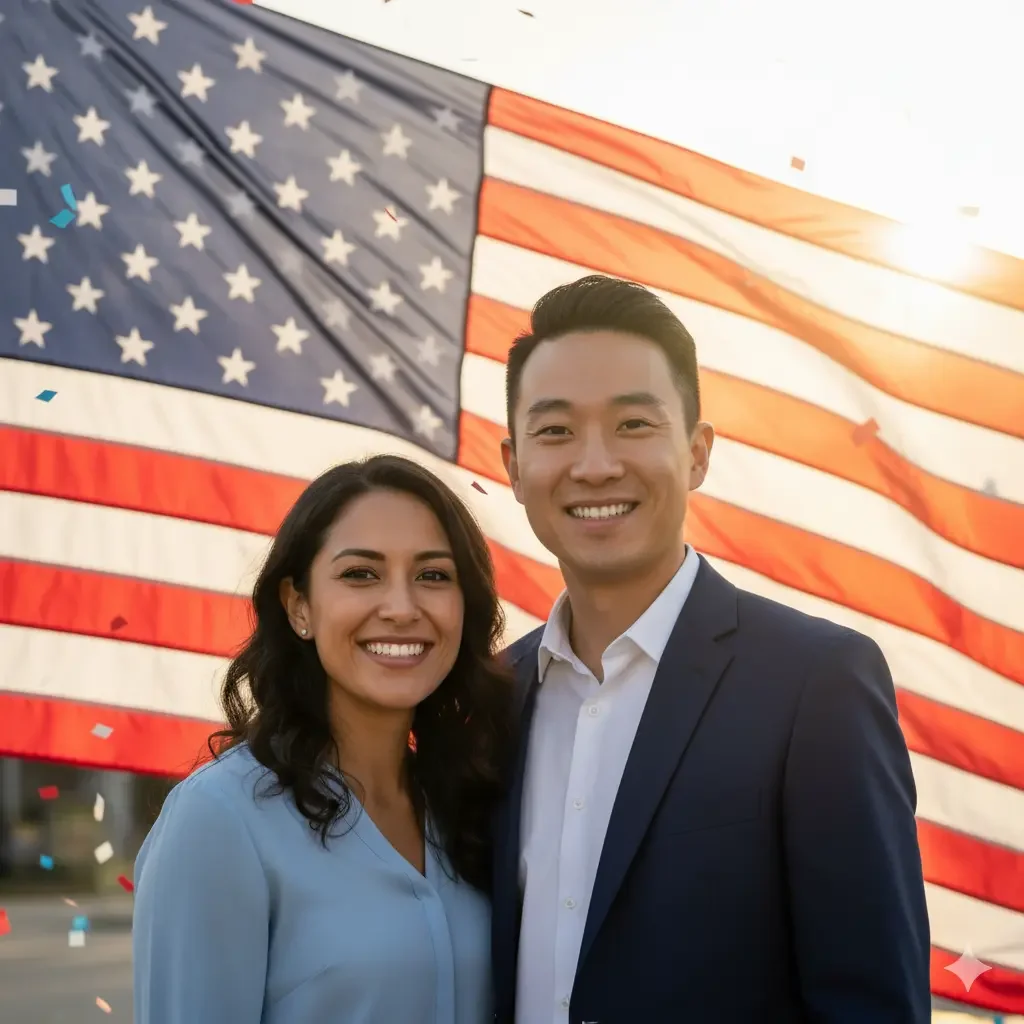What are Exceptions and Accommodations When Applying for U.S. Citizenship (Naturalization)?
/There are exceptions and accomodations when applying for U.S. citizenship. For example, consider this question: What if I cannot speak, read, or write English well? If you are 50 years old or older and have been a lawful permanent resident for at least 20 years, you may be able to take the civics test in your native language, and you can bring an interpreter to your interview. This exception also applies if you are 55 years old or older and have been a lawful permanent resident for at least 15 years.
Read More

